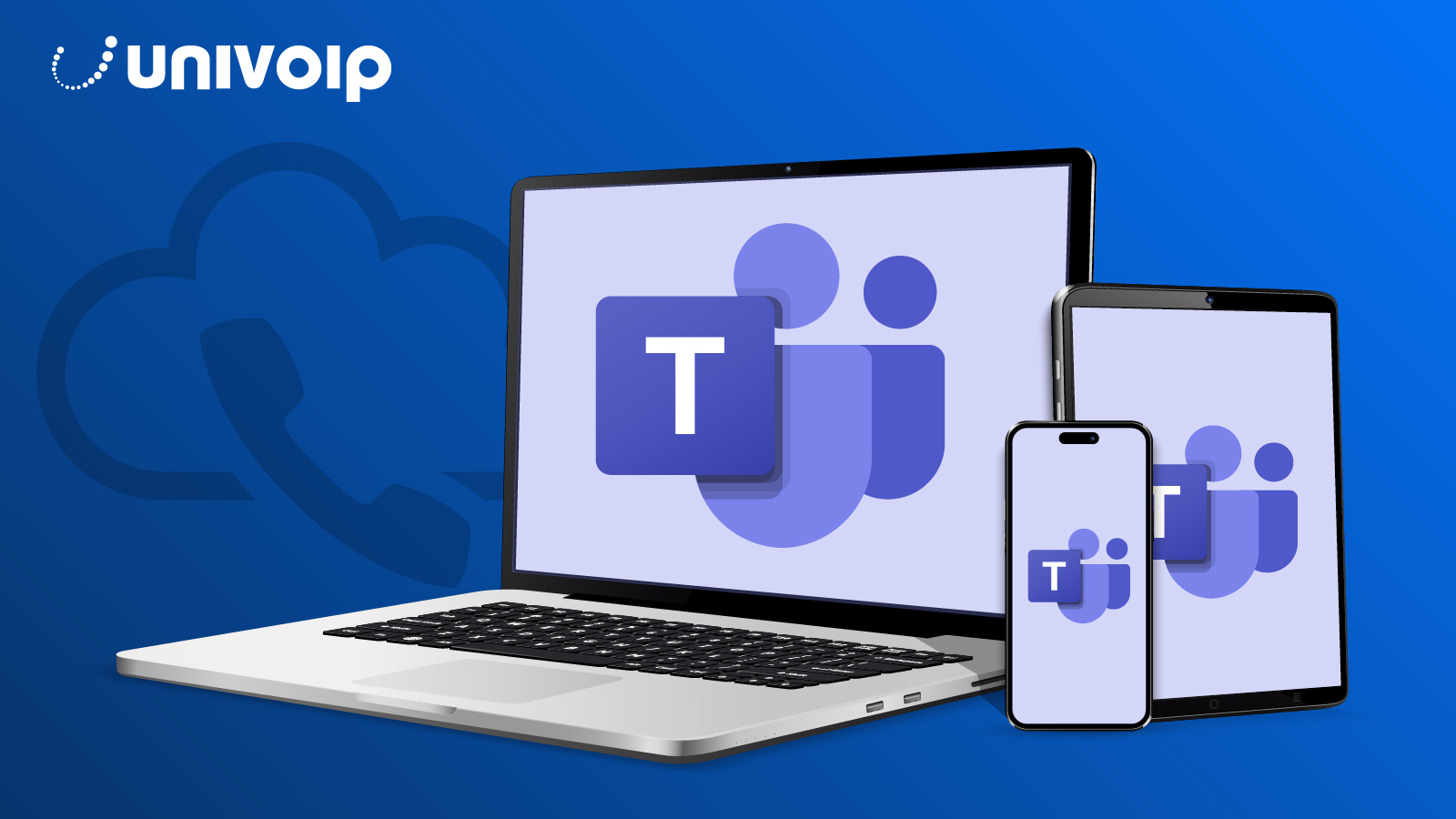A New Law Ensures Multi-Line Phone Systems (MLTS) Allow for Direct Dialing to Emergency Dispatchers
 Proposed by the Federal Communications Commission (the FCC or Commission), the president recently signed into law a statute called Kari’s Law, which requires implementation of direct 911 dialing and on-site notification capabilities in multi-line telephone systems (MLTS). Additionally, this law proposes to address dispatchable location requirements to existing 911 rules for fixed telephony providers, interconnected Voice over Internet Protocol (VoIP) providers, and internet-based Telecommunications Relay Services (TRS).
Proposed by the Federal Communications Commission (the FCC or Commission), the president recently signed into law a statute called Kari’s Law, which requires implementation of direct 911 dialing and on-site notification capabilities in multi-line telephone systems (MLTS). Additionally, this law proposes to address dispatchable location requirements to existing 911 rules for fixed telephony providers, interconnected Voice over Internet Protocol (VoIP) providers, and internet-based Telecommunications Relay Services (TRS).
Kari’s law establishes a federal multi-tiered approach to MLTS 911 requirements in which “a user may directly initiate a call to 911 from any station equipment with dialing facilities, without dialing any additional digit, code, prefix, or post-fix, including any trunk-access code such as the digit ‘9’, regardless of whether the user is required to dial such a digit, code, prefix, or post-fix for other calls.”
The second tier of Kari’s law addresses the applicability and obligations of MLTS systems that requires “a person engaged in the business of installing, managing, or operating MLTS shall, in installing, managing, or operating the system, configure it to provide a notification that a 911 call has been placed by a caller on the MLTS system. The system configuration must provide for the notification to be transmitted to a central location at the facility where the system is installed or to another person or organization regardless of location, if the system is able to be configured to provide the notification without an improvement or the hardware or software of the system.”
What this means for your business
When people think of security and safety for an office, complex, hospital, hotel and any other place of business, they typically think security systems and camera surveillance. However, telephones play a vital role in ensuring that First Responders are alerted as quickly as possible. When an accident happens or someone is dealing with an emergency, the first thing people think to do is call 911. Prior to Kari’s law, dialing 911 from a multi-line phone system wasn’t always as simply done as it should be.
Kari’s Law means that instead of dialing 9 first when making typical outbound calls, a user can immediately pick up the phone and proceed to dial 9-1-1 regardless of location or device. Now anyone residing in your buildings can dial out for emergencies even if they don’t know the prefix requirement for making outbound calls.
This law has certain implications for the cloud-based, hosted VoIP phone system market as not all providers have been approved for 911 dialing. Therefore, some VoIP solutions aren’t able to alert first responders to the location of the caller, making it even more of a difficult process for these providers to comply with Kari’s Law.
Not sure if your VoIP phone system complies or will comply with Kari’s Law? Contact us for more information.

